Magic: The Gathering is one of the biggest cultural icons of our hobby and will never be replaced, even when much better games* have been inspired by its design. Its longevity and devoted player base have kept it going strong for decades. Countless other card games rose and fell, but Magic stayed strong. With little chance of survival, Magic’s competitors turned to digital, giving rise to the likes of Hearthstone, GWENT: The Witcher Card Game, and a hidden gem called Faeria.
Wizards of the Coast was not going to take this lying down. Their Magic: The Gathering Online (MTGO) program had been successful for years, but it wasn’t free-to-play. In fact it was as expensive as the physical product. Changing MTGO to a free-to-play system would take a complete overhaul of everything.
And that’s the story of Magic: The Gathering Arena (MTGA), which users can now download and play for free. Have Wizards of the Coast succeeded in their top-to-bottom renovation?
Magic: FREE-TO-PLAY!
Note: There will be a lot of jargon that non-Magic players may not be familiar with. I’ll try my best to explain required understanding, but know that Arena does a great job of holding your hand until you feel comfortable with the system.
Magic Arena is, as stated, a free-to-play app for Magic: The Gathering. After finishing the tutorial you’ll have enough cards and preconstructed decks to face other players online. There are multiple ways to earn more free packs, and you’ll get some simply by playing the game. Completing daily goals allows you to earn coins, which can be used to buy card packs or enter “sealed” tournament events.
Arena also has a gem currency. Gems are used to enter events that give better awards, but these events are harder and require more commitment to the game. Gems can also be used to buy more player avatars, custom card backs, and other style extras. Real currency can be spent to purchase gems in the game, which is why they are more valuable and harder to obtain.
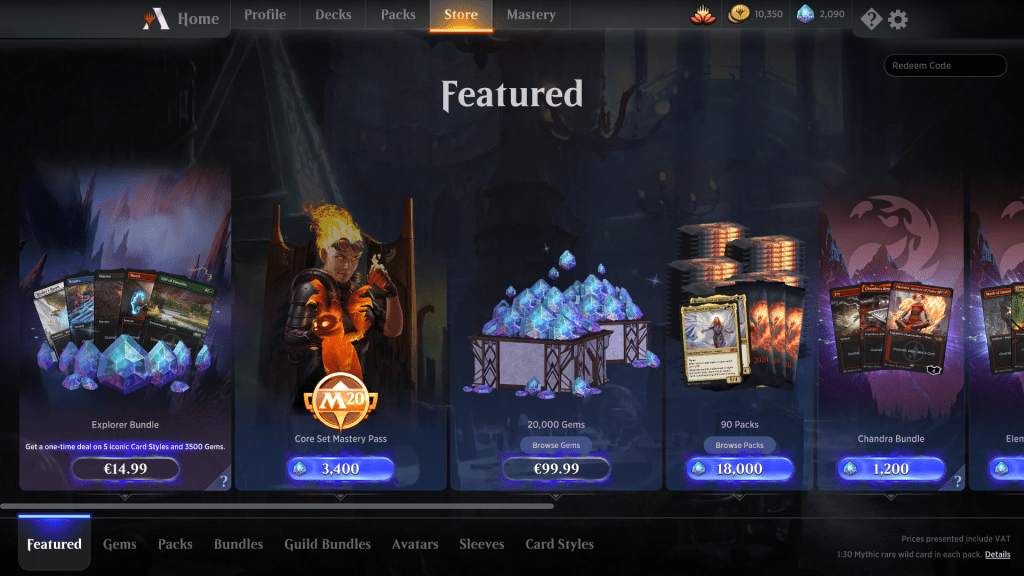
The most recent update introduces a battle pass structure similar to Fortnite. A battle pass allows you to earn additional rewards for playing the game, on top of the awards you were already earning. However, you need to pay for the pass every “season” (aka, every new set) and devote a good amount of time into playing. The pass costs gems to purchase and offers a large variety of rewards including packs, coins, cosmetics, and more gems.
Praise should be given to the implementation of the free-to-play model being used. You can play this game for free and still feel competitive due to the ability to craft any card in the game. Wildcards (used to craft cards) can be found in packs or earned after opening any six packs. Eventually you’ll finish that dream deck, or come close enough that you’re still enjoying the gameplay. And if the grind is not for you, you can purchase gems using real-world currency, buying packs and playing games at a substantially reduced cost compared to the physical game.**
Standard Play
For those uninitiated, let’s take a paragraph to describe Magic. In Magic: the Gathering, you build a deck of spells and then cast those spells from your hand in an effort to reduce your opponent’s health to zero. Central to the game is the production of certain types of mana (in five different colors). Mana is like money and pretty much everything in this game costs a certain amount of mana to use. A large portion of the game comes down to figuring out how to balance mana production against casting spells.
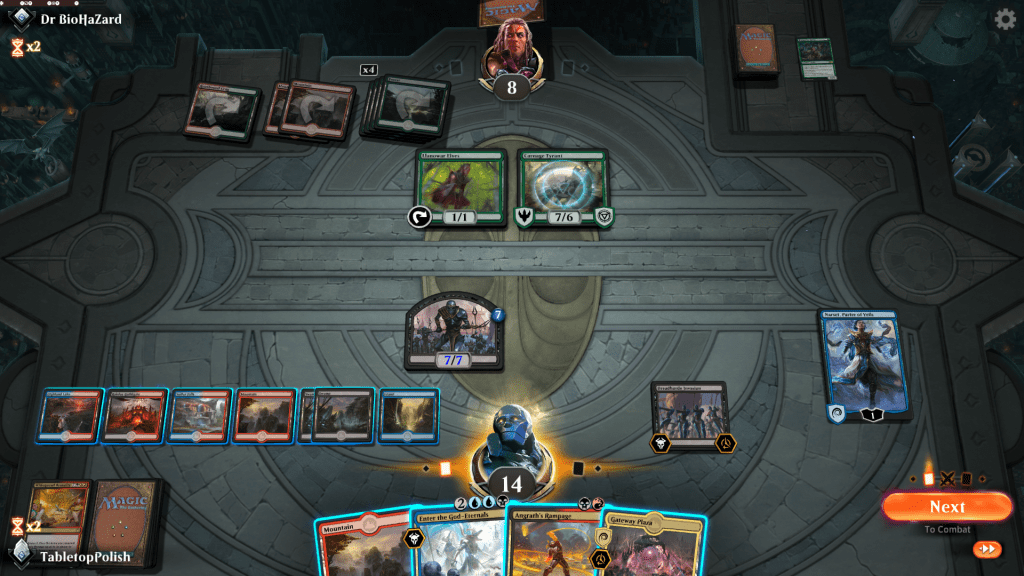
Magic can be played in multiple forms but the most common is called Standard, where you’ll make a deck using cards from a set pool that is rotated every year. That rotation keeps the meta—the most common strategies—fresh, but it requires constant buy-ins. You’ll need to buy new packs and cards every few months to keep playing at a competitive level.
Standard is, in some regards, the worst way to play Magic: The Gathering. The random nature of the packs can cause some tournament decks to cost hundreds of dollars. Net-decking—finding and building pro-level decks online—makes the meta predictable and stale. And don’t get me started on the outdated mana system which, unmitigated, can cause you to win or lose a game based on bad luck of the draw.
Magic Arena only plays Standard. You can play ranked or unranked matches, and you choose to play Best-of-1 or Best-of-3 (BO1 or BO3). Sometimes there are events that temporarily introduce different formats, but they don’t stay around for longer than a week. Playing Magic Arena means playing Standard Magic, which I’d argue is the worse way to play Magic. So why do it?
Because the worst version of Magic is still better than most of the competition. There’s a reason it’s still going strong 25+ years later.
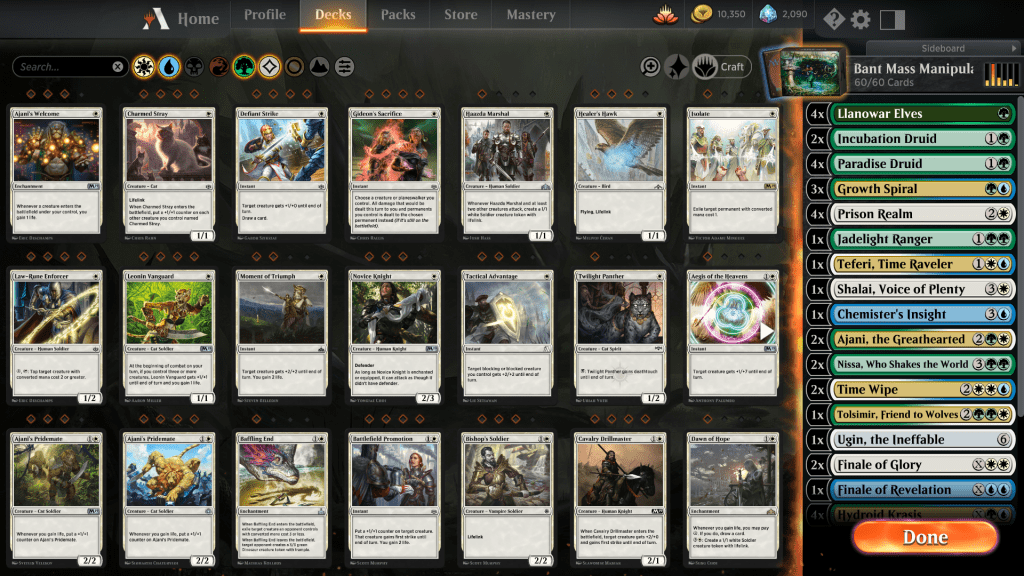
If You Must
MTGA does a lot to fix the issues of Standard Magic. First and foremost is the free-to-play model and the wildcard construction. Gone is the gatekeeping price of building a viable deck; now any player has the option to cheaply obtain the cards they want. Doing it for free is going to take a lot of work and dedication—like any free-to-play game—but the model feels fair. Though, adding regional pricing would be nice.
The ability to find and start a game in seconds raises this above paper Magic. A push of a button and you’re looking at your opening hand in seconds. If we’re being honest, this lets me play Magic without having to deal with the less interesting match-ups. A game against a “control” deck can take a long time to play, and the play itself isn’t very interesting. MTGA makes it easy to forfeit and play someone else in no time at all.
This might not be your desired way to play, but I’d rather give up and find a more interesting game than spend 30 minutes trying to make my scissors crack a rock. MTGA lets me play Standard Magic on my terms. Of course, my terms would be having Pauper (a specific constructed format where only Common cards are allowed in one’s deck) and Singleton (a constructed deck format where one’s deck may not contain more than one of any individual card) always available formats, but they do show up as special events.
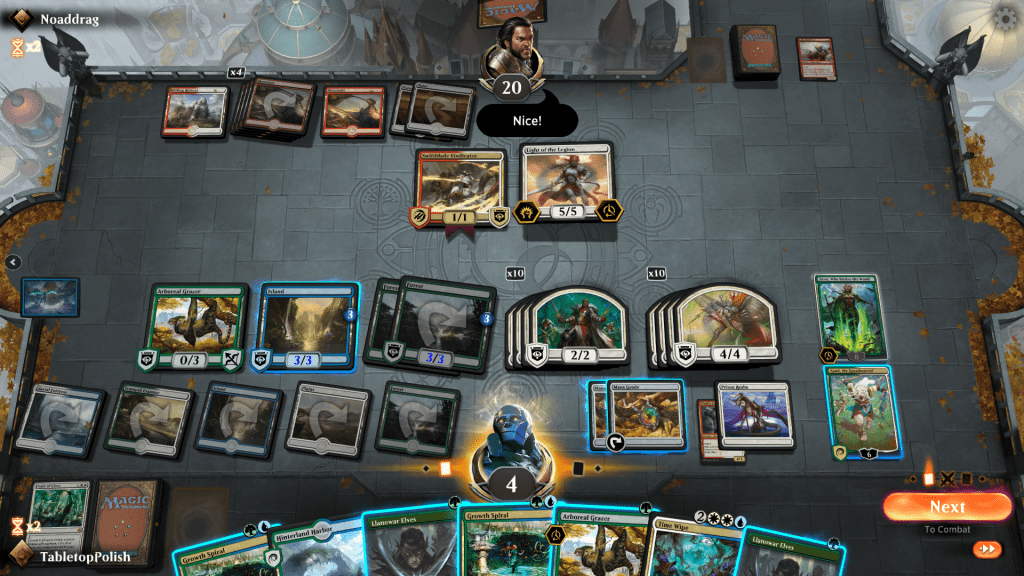
There are flaws, and MTGA is still listed as “beta”. It’s currently missing friends lists and a chat function, but there are ways to challenge your friends if you know their code. New changes are added, bugs get fixed, it’s all part of a growing system. And as the player base grows, you should expect more changes for the better. It is, however, still the best way to play Standard Magic. You know, if you have a deep desire to play Standard Magic.
Conclusion
If you’ve been looking for a better or different experience from Hearthstone, or you really want to play Magic more than once a week, this app is well worth your time. It’s free to try with a great tutorial, so you might as well give it a go. Now is as good a time to start as ever, as the most recent set—Core 2020—has just released this week, prompting a lot of changes and giving players new cards that still need discovering.
* If you’re looking for other great Dueling Wizards card games, I personally recommend Ashes: Rise of the Pheonixborn. Although it has now finished, it is the best I’ve played. If you’re looking for a great deck builder, try and track down copies of FFG’s Netrunner.
** I encourage those of your that suffer from addiction in any of its forms to steer clear of both Magic Arena and the physical card game.


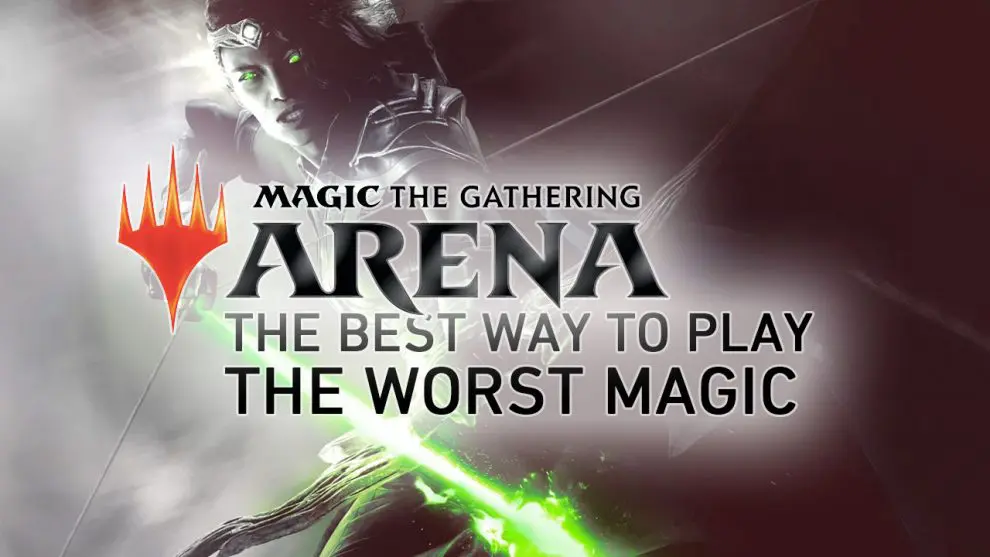

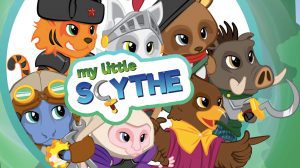
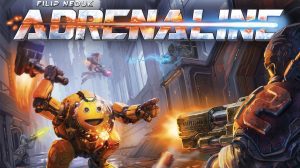
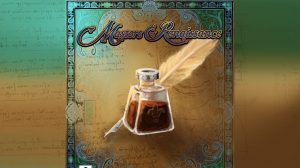
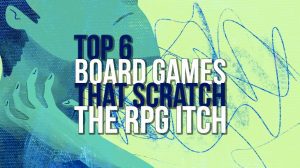




Add Comment